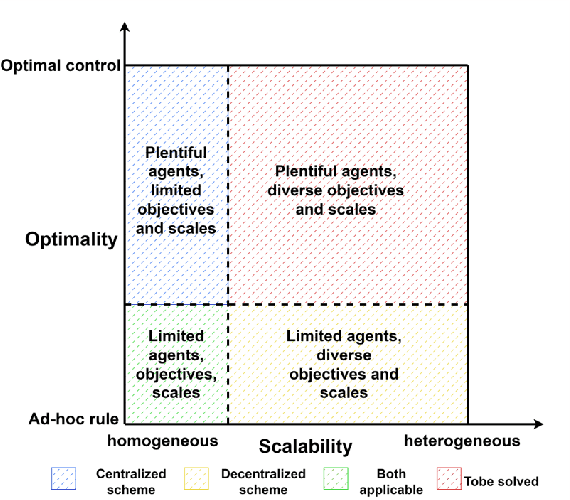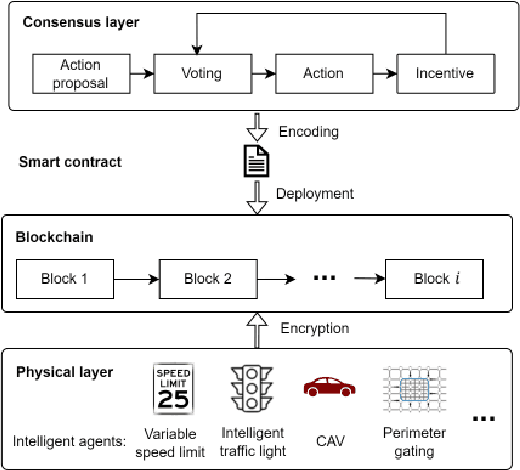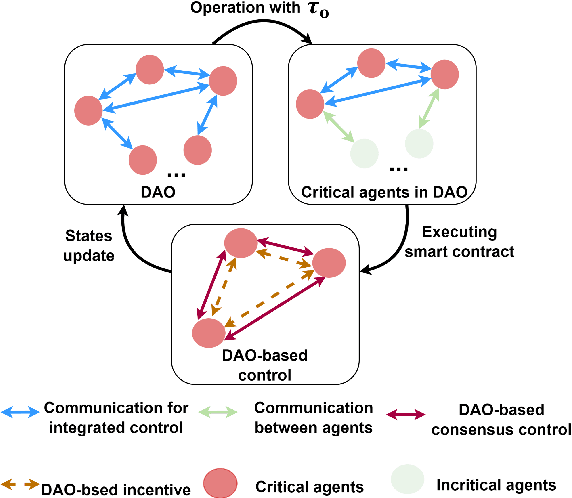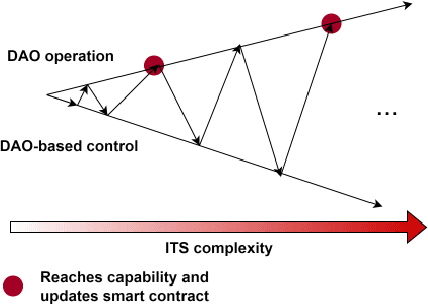Jingru Yu
Building Intelligence Identification System via Large Language Model Watermarking: A Survey and Beyond
Jul 15, 2024



Abstract:Large Large Language Models (LLMs) are increasingly integrated into diverse industries, posing substantial security risks due to unauthorized replication and misuse. To mitigate these concerns, robust identification mechanisms are widely acknowledged as an effective strategy. Identification systems for LLMs now rely heavily on watermarking technology to manage and protect intellectual property and ensure data security. However, previous studies have primarily concentrated on the basic principles of algorithms and lacked a comprehensive analysis of watermarking theory and practice from the perspective of intelligent identification. To bridge this gap, firstly, we explore how a robust identity recognition system can be effectively implemented and managed within LLMs by various participants using watermarking technology. Secondly, we propose a mathematical framework based on mutual information theory, which systematizes the identification process to achieve more precise and customized watermarking. Additionally, we present a comprehensive evaluation of performance metrics for LLM watermarking, reflecting participant preferences and advancing discussions on its identification applications. Lastly, we outline the existing challenges in current watermarking technologies and theoretical frameworks, and provide directional guidance to address these challenges. Our systematic classification and detailed exposition aim to enhance the comparison and evaluation of various methods, fostering further research and development toward a transparent, secure, and equitable LLM ecosystem.
Towards Integrated Traffic Control with Operating Decentralized Autonomous Organization
Jul 25, 2023



Abstract:With a growing complexity of the intelligent traffic system (ITS), an integrated control of ITS that is capable of considering plentiful heterogeneous intelligent agents is desired. However, existing control methods based on the centralized or the decentralized scheme have not presented their competencies in considering the optimality and the scalability simultaneously. To address this issue, we propose an integrated control method based on the framework of Decentralized Autonomous Organization (DAO). The proposed method achieves a global consensus on energy consumption efficiency (ECE), meanwhile to optimize the local objectives of all involved intelligent agents, through a consensus and incentive mechanism. Furthermore, an operation algorithm is proposed regarding the issue of structural rigidity in DAO. Specifically, the proposed operation approach identifies critical agents to execute the smart contract in DAO, which ultimately extends the capability of DAO-based control. In addition, a numerical experiment is designed to examine the performance of the proposed method. The experiment results indicate that the controlled agents can achieve a consensus faster on the global objective with improved local objectives by the proposed method, compare to existing decentralized control methods. In general, the proposed method shows a great potential in developing an integrated control system in the ITS
 Add to Chrome
Add to Chrome Add to Firefox
Add to Firefox Add to Edge
Add to Edge